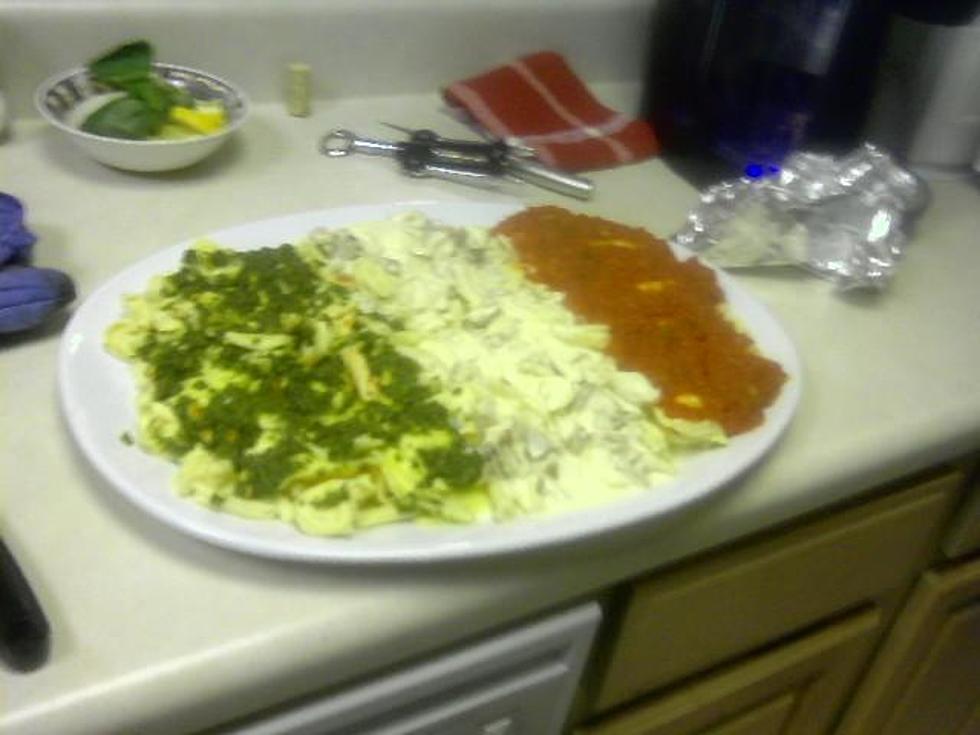
Why NJ hospital is putting new moms, babies skin-to-skin
SUMMIT — Atlantic Health System's Overlook Medical Center has changed its maternity practices following a study at the hospital showing an hour of skin-to-skin contact between newborn and mother can be as effective as a radiant warmer after a baby's initial bath.
Monica Myron, the study's principal coordinator and clinical coordinator in the Labor and Delivery Department at Overlook, said there are many benefits to skin-to-skin contact.
"The impact of skin-to-skin and breastfeeding are very closely linked. It puts the baby into its natural habitat, which is mom," Myron said.
Skin-to-skin contact also helps with the neurological development of a newborn. It helps to regulate the child's respiratory and heart rates. There's also an increase in maternal satisfaction rates when mom has had the opportunity to be skin-to-skin with her baby, Myron said.
Under the new hospital policy, Myron said, the newborn will get his or her first bath in the mother's room. After the baby is bathed and diapered, he or she is put on mom's chest and covered with a blanket. Mom and baby get to have this time together to be together, bond and even breastfeed, if the baby wants.
A the nurse will monitor the baby's temperature for an hour after the bath, as it returns to normal.
But moms still have a choice — Myron said at any time a parent can opt out of using the skin-to-skin method. A mom can choose to have the baby bathed in the nursery, instead of her room, and placed under a radiant warmer. She can also choose to have the baby bathed in the room and have a radiant warmer brought there.
Myron said Overlook Medical Center's main goal is to develop practices that are more supportive of a baby-friendly environment, and an exclusive breastfeeding environment.
"So my hope would be that other hospitals would be able to look at our research results and change their practice to support a more baby-friendly environment," Myron said.
She added that while radiant warmers may still be used, if you make skin-to-skin contact routine, you change the culture, while improving the care and the outcomes given.
More from New Jersey 101.5:
More From New Jersey 101.5 FM









